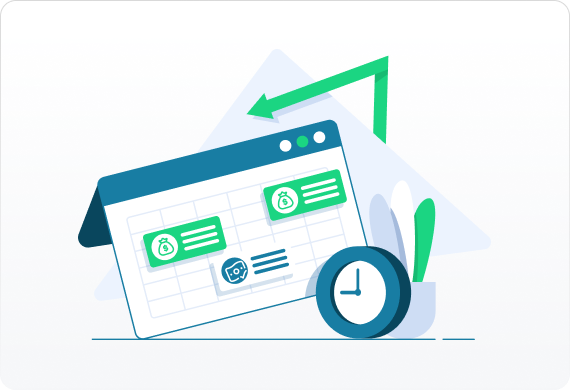The trucking industry was a $791.7 billion industry in 2019, and has only grown since the coronavirus increased the nation’s reliance on shipping and home delivery. According to the U.S. Department of Transportation, 91.5% of trucking companies operate less than six trucks, and 97.4% have less than 20 trucks. This means less competition for newer entrants into the market. Experts predict an upcoming labor shortage of 160,000 drivers by 2028.
Your company may have to pay more to attract top talent. If you’ve been working for a trucking company, now would be the time to launch out on your own. It’s a great time to invest in your trucking business. If you lack the capital reserves to fund an investment yourself, lenders offer a variety of loans for trucking companies. Read on to discover the best uses for a trucking business loan, the questions to answer before borrowing, and your best loan options.







